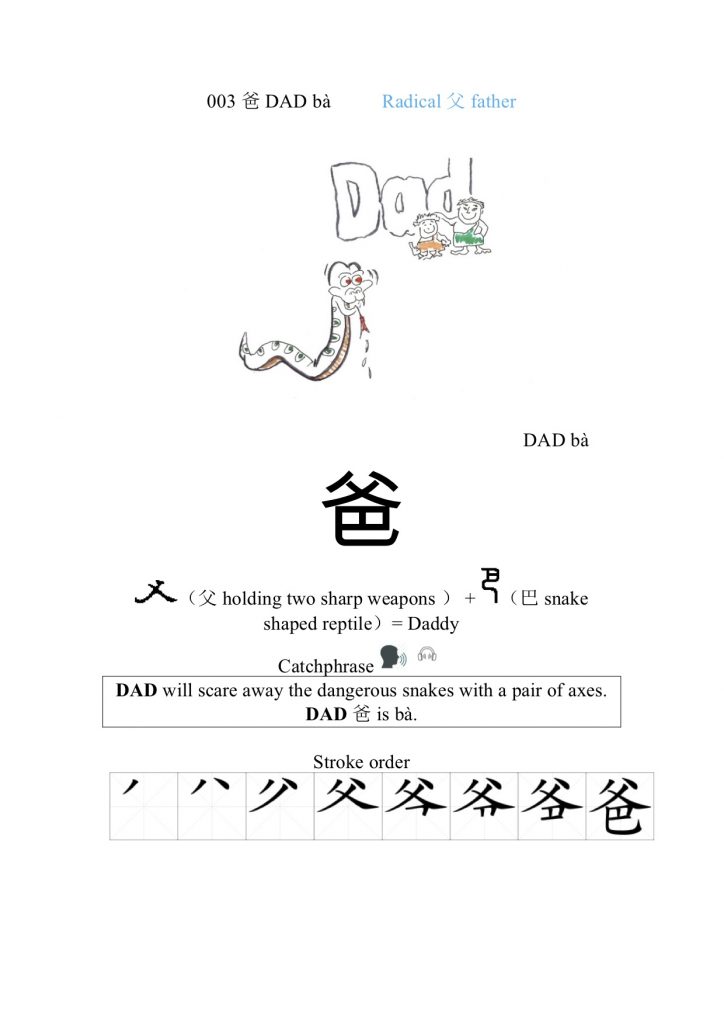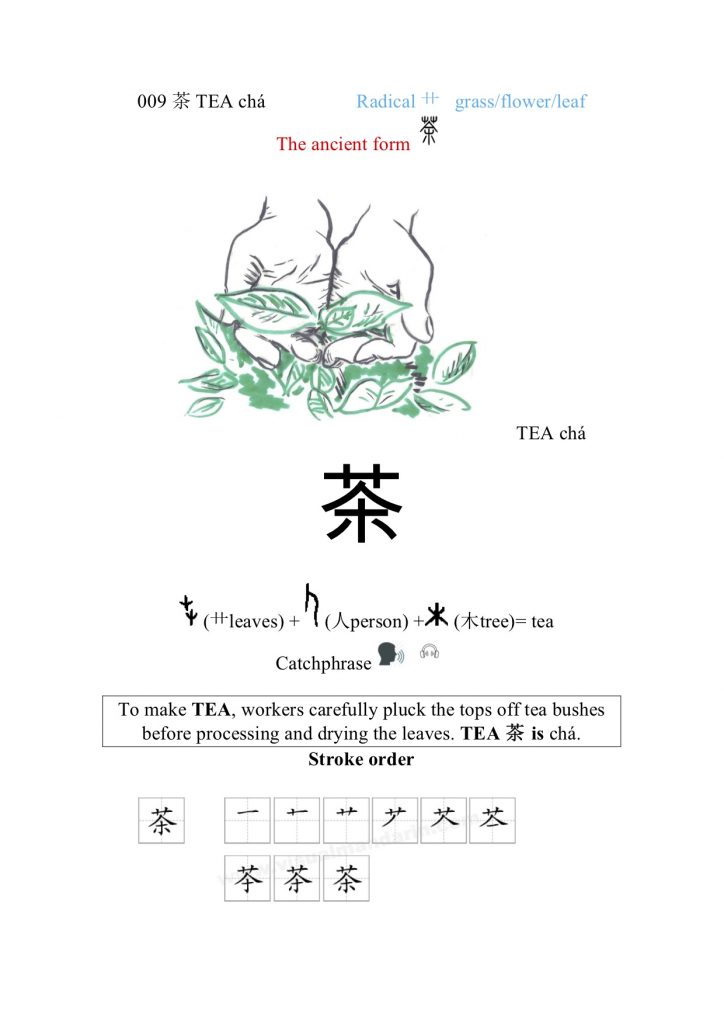HSK 1 Summer Intensive Courses
This summer we will be launching a 3-week intensive course, in central London, starting on 15thJuly 2019. Classes will be Monday to Friday, for 2 hours, from 6:45 pm to 8:45 pm, totalling 30 hours.
Meridian Chinese Studies was established in 2006, providing Mandarin courses for many years, especially to students in the UK. Our staff are university educated, native speakers, with 30 years of teaching experience. We have taught all levels, age groups and academic backgrounds. It is this extensive experience that has allowed us to develop our own range of proven methods, tools and materials – already being used by many teachers across the world – to help you learn Chinese better and faster.
The fundamental concept used to teach is that of the natural order, which underlies the Chinese view of the world. This is the natural order or sequence, which places an emphasis on large restricting small, universal restricting specific, mankind restricting the individual. This philosophy is reflected in the way Chinese people think, speak and write. Understanding it is the key to learning Chinese quickly and successfully.
A standard Chinese sentence always follows the T(time) D(place) R(action) sequence. In other words, the sentence begins with WHEN something is happening, then WHERE, then WHAT.
The T-D-R method includes in its system a number of simple but powerful tools and techniques to help the learner to grasp more quickly how the Chinese language works.
Class sizes are small, ranging from a minimum of 5 students to a maximum of 8, ensuring there is opportunity for lots of one-to-one attention.
Meridian Chinese Studies have a proven track record, with many recommendations from previous students including actors and professors.
Our courses are in line with the HSK 1-6 exams set by the Chinese Language Office of China. Our teaching materials are specially designed to match these six levels. This course includes material covering HSK Level 1.
Location: 19-21 Ridgmount Street, London WC1E 7AH
Contact number: 07772908088/ 07977221889
Email: mecsmeridianchinese@gmail.com
Tuition fee: £450
What you will learn:
- You should be comfortable having simple everyday conversations in Mandarin
- Focus on learning Pǔtōnghuà (standard Mandarin) not just pingying, as this is more useful in completeing all the HSK exams, whereas pingying is only used in HSK1 and 2
- Focus on learning about Chinese culture to help understand the story behind the characters and aid in memorising them
- Speaking, listening & understanding, (reading and writing)
- Including in-class assignments and homework, with answers provided for future revision
- You should be able to recognise 178 new Chinese words, which include around 80% of the most frequently used everyday phrases and vocabulary
- You’ll have the confidence to make a good impression by saying and doing the right thing.
- Lively classes
- Informal and fun but structured and focused
- Free MP3 files for listening & speaking practise
- Flash cards for learning Chinese characters (optional)
- Preferential rates on subsequent courses.
Sample characters:



Examples of sentences associated with the sample characters:
| character + character = a word | the word in English | Numbers of the list of 178 frequent vocabulary |
| 爱+人 爱人 | love + people = lover/partner | 001/104 |
| 我+爱人 | my spouse | 132/001/104 |
| 爱+国 =爱国 | love + country be patriotic | 001/036 |
| 爸 +爸 = 爸爸 | dad+dad = daddy | 003/003 |
| 他 爸爸 | his dad* | 125/003/003 |
| 我 老爸 | my dear daddy | 132/066/003 |
| 茶+杯 茶杯 | tea + cup teacup | 009/004 |
| 中国茶 | Chinese tea | 168/036/009 |
| 三杯茶 | three cups of tea | 106/004/009 |
| 热茶 | hot tea | 103/009 |
Sample Homework:
1,Circle the highlighted character(s) within the phrase:
a)To make TEA, workers carefully pluck the tops off tea bushes before processing and drying the leaves. TEA is:
01出 02本 03吃 04杯 05茶
2,Match the character to the pronunciation.
For example:
01爱 02八 03爸 04杯 05北 06本
07不 08菜 09茶 10车 11吃 12出
A chē; B běn; C bēi; D chū; E běi; F bà;
G chī; H cài; J ài; K bā; L bù; M chá
7,Translate the sentences below to English:
- 八杯茶
Student feedback:
“When I started learning Chinese at Meridian, my strongest fear was memorising Chinese characters. Though I speak many languages, I have never learnt a language that does use the Roman alphabet. Besides I am not a very visual person – preferring to concentrate on sounds. During the course, David Su introduced his book Mastering Chinese Characters: A Modern Approach. How lucky we the students were: the book had just been published! The book is the best one amongst the ones that I have consulted to learn Chinese characters. Everything that is included in the book is useful. Learning characters with the book was made easy and fun. I especially like the comparative and historical facts that helped me to memorize characters. I think that it is so important to find memo-technical ways of learning Chinese characters and David Su’s book does that wonderfully.”
Fred Dervin
Professor, PhD, FT, PGCE, FRSA
Department of Teacher Education
University of Helsinki, Finland
I have had some introduction to Chinese in university over 10 years ago but the way of learning new characters with David’s methodology is much better. I had to learn strokes like if they were pictures. Now, each character has its own story. All this makes them stick a lot more. Learning 24 characters a week is possible with David’s methodology mixing stories and learning through various exercises within the class.
I have learned pieces of various languages in the past for various reasons (German in high school, a bit of Mandarin in university, Korean as I’ve spent a couple of months there and more recently Spanish) but, I do feel like if with this method and by investing time, I might be able to communicate in Chinese in the near future.
Florian Le Foun
Having no previous experience on taking on a Chinese course before, I enrolled for HSK 1 T1 study led by David Su Liqun at Meridian Chinese and I’m left stunned as to why I didn’t sign-up for a class before. All the materials are provided by David. These include the HSK 1 T1 vocabulary, character writing papers and a Mastering Chinese Characters textbook. His methods on learning and remembering through class interactions and step-by-step, visual character breakdowns really makes his teaching stand out. I’m now able to recognize Chinese characters and their meanings from media outlets and from social networking. I would recommend anyone to get involved.
Shin Bahk

